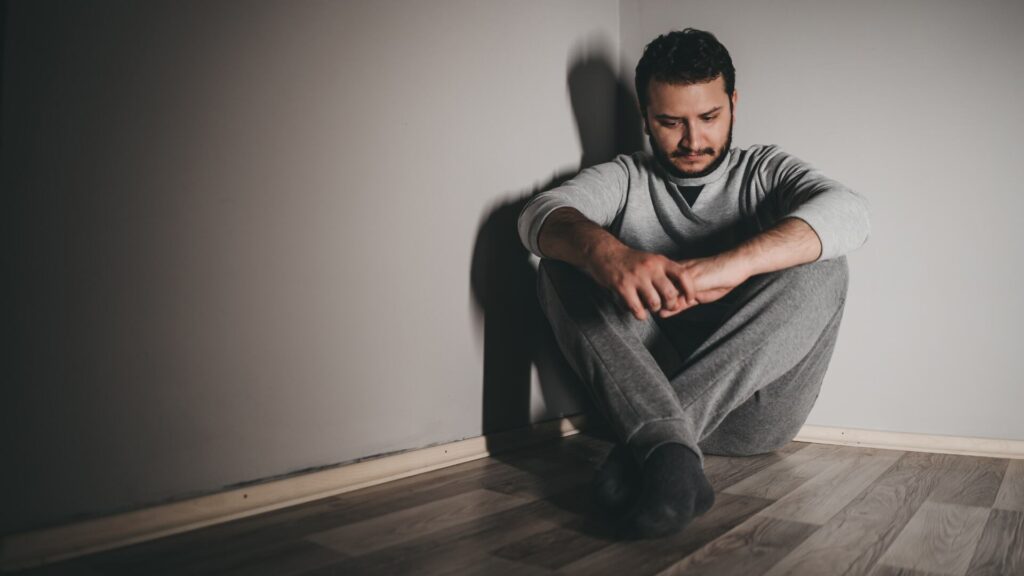
Depression is a serious mood disorder that affects how you feel, think, and handle daily activities. Unlike occasional sadness, depression is persistent and can significantly impact one’s quality of life. It is medically known as major depressive disorder or clinical depression.
While everyone feels sad or down sometimes, depression is more intense and lasts longer. Sadness is usually a temporary emotion triggered by specific events, like losing a job or a breakup. Depression, on the other hand, is more severe and lasts longer, often weeks, months, or even years, and can occur without any apparent reason. It interferes with daily functioning and is accompanied by a range of emotional and physical symptoms. Depressed individuals tend to feel helpless and hopeless and blame themselves for having these feelings. People who are depressed may become overwhelmed and exhausted and may stop participating in their routine activities.
Depression is quite common. According to the World Health Organization (WHO), more than 264 million people worldwide suffer from depression. It affects people of all ages, genders, and backgrounds, but it is more prevalent in women than men and often appears during the late teens to mid-20s.
Depression can result from a combination of genetic, biological, environmental, and psychological factors. Some common risk factors include:
Symptoms of depression vary but may include:
If left untreated, depression can lead to a range of complications, including:
Depression is diagnosed by a healthcare professional through a comprehensive evaluation, which includes:
Depression is typically treated with a combination of medication and psychotherapy. Treatment plans are tailored to the individual and may include:
Psychotherapy, also known as talk therapy, involves speaking with a trained therapist to address mental health issues. It helps individuals understand their thoughts, emotions, and behaviours and develop healthier coping mechanisms. For depression, psychotherapy can provide support and education, help identify and change negative thought patterns, teach problem-solving and coping skills, improve relationships and communication, and boost self-esteem and confidence. Several types of psychotherapy are effective for treating depression:
Support at home is crucial for managing depression. Here are some ways to support people with depression:
Depression is a serious but treatable condition that affects millions of people worldwide. Understanding its causes, symptoms, and treatments is crucial for managing it effectively. Psychotherapy plays a vital role in treating depression by helping individuals understand and change their thought patterns and behaviours. Finding the right therapist and combining therapy with other treatments can lead to significant improvements. With the proper support and treatment, individuals with depression can lead fulfilling lives.